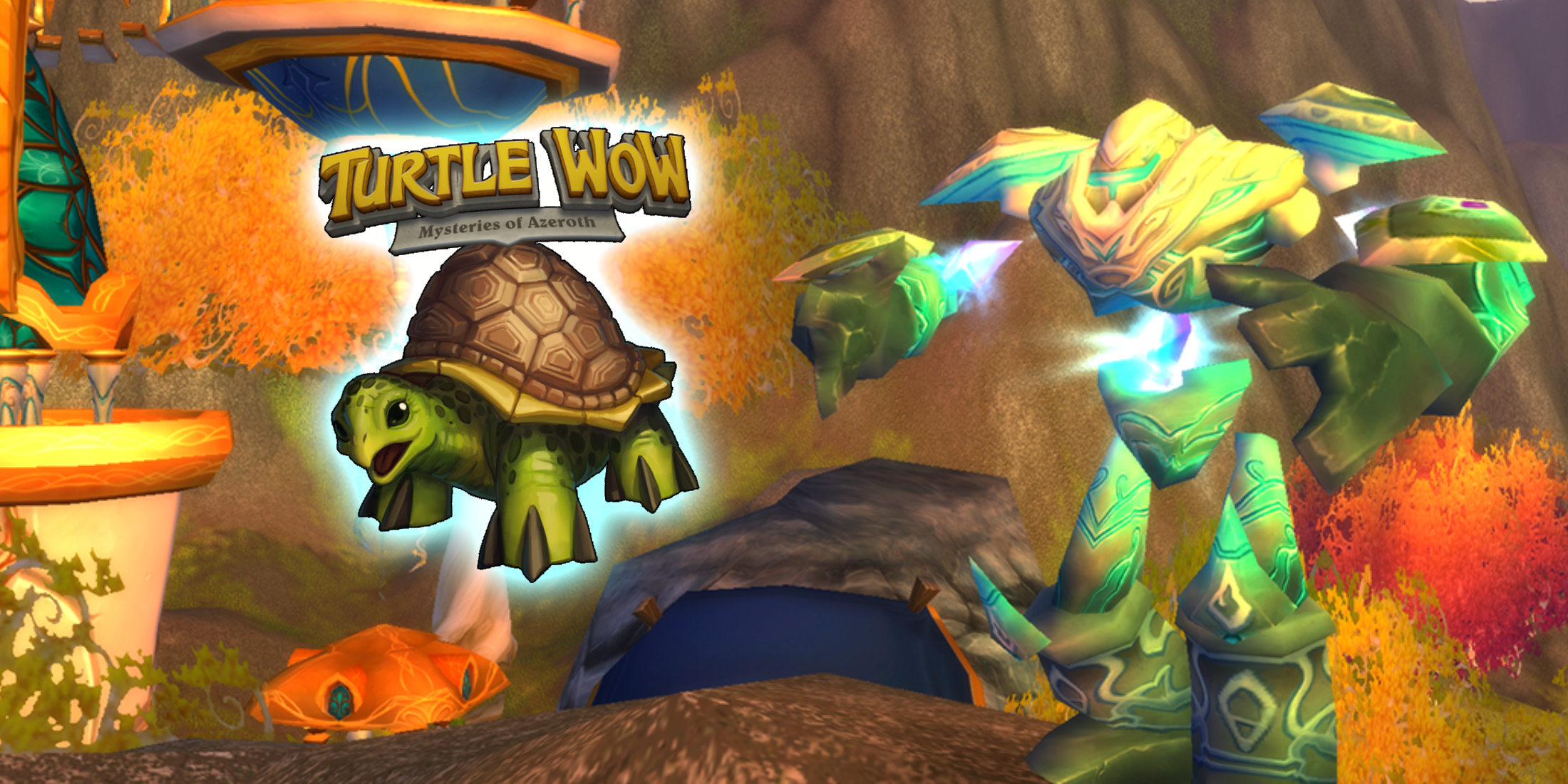NetEase Founder Nearly Cancels Marvel Rivals Over IP Issue
NetEase's Marvel Rivals has proven to be a smashing success, drawing in ten million players within just three days of its launch and generating substantial revenue for the developer in the subsequent weeks. However, a recent report from Bloomberg sheds light on internal challenges that nearly led to the game's cancellation. NetEase CEO and founder William Ding reportedly considered pulling the plug on the project due to his hesitation to utilize licensed IP, preferring instead to use original designs to avoid the costs associated with Marvel characters. Despite these reservations, the game was released and has since enjoyed considerable success.
Bloomberg's report details a broader strategy at NetEase aimed at streamlining operations in response to a decline in growth. Ding is actively reducing the company's footprint by cutting jobs, closing studios, and pulling back from overseas investments. The objective is to create a more focused portfolio to better compete with industry giants like Tencent and MiHoYo. This restructuring effort reportedly came close to including the cancellation of Marvel Rivals, which would have cost NetEase millions. Yet, the game's launch went ahead, ultimately proving to be a wise decision given its popularity.
The downsizing at NetEase is ongoing, with recent layoffs affecting the Marvel Rivals team in Seattle, attributed to "organizational reasons." Over the past year, Ding has also ceased funding for international projects, having previously made significant investments in studios such as Bungie, Devolver Digital, and Blizzard Entertainment. The report suggests Ding's focus is now on games that can generate substantial profits, though a NetEase spokesperson clarified to Bloomberg that the company does not set arbitrary financial thresholds for new game viability.
Internally, employees have expressed concerns about Ding's leadership style, describing him as volatile and prone to sudden decision-making. Reports indicate that Ding frequently changes his mind, pressures staff to work long hours, and has brought in recent graduates to fill senior leadership roles. Furthermore, the cancellation of numerous projects under his direction has led to speculation that NetEase might not release any new games in China next year.
NetEase's shift in strategy and withdrawal from international game investments occur amidst a period of uncertainty in the gaming industry, particularly in Western markets. The sector has seen consecutive years of widespread layoffs, project cancellations, and studio closures, alongside the disappointing performance of several high-budget, high-profile games.
-
Dungeons & Dragons (D&D) is the iconic tabletop role-playing game that combines collaborative storytelling with strategic gameplay through dice mechanics. Fueled by mainstream hits like the "Honor Among Thieves" movie and Baldur's Gate 3's success, tAuthor : Dylan Feb 24,2026
-
Randy Pitchford has responded to the criticism surrounding his controversial "$80 for real fans" tweet about Borderlands 4 after someone transformed it using a Handsome Jack AI voice.The backlash began when Pitchford replied to a concerned fan worrieAuthor : Ethan Feb 23,2026
-
 Mask Evolution: 3D Run GameDownload
Mask Evolution: 3D Run GameDownload -
 Weekend Lollygagging modDownload
Weekend Lollygagging modDownload -
 Cartoons QuizDownload
Cartoons QuizDownload -
 Siêu hũ Thiên Thai CLUBDownload
Siêu hũ Thiên Thai CLUBDownload -
 4 Фото 1 Слово. Где логика?Download
4 Фото 1 Слово. Где логика?Download -
 Words Crush: Hidden Words!Download
Words Crush: Hidden Words!Download -
 High Neck RunDownload
High Neck RunDownload -
 Game Tổng hợpDownload
Game Tổng hợpDownload -
 Journey to BlissDownload
Journey to BlissDownload -
 Zombie Sniper War 3Download
Zombie Sniper War 3Download
- HoYo Fest 2025: Fresh Updates on Comeback
- Mastering Two-Handed Weapons in Elden Ring: A Guide
- Roblox Simulator Codes: Unlock Exclusive Rewards!
- Wuthering Waves: Uncover the Secrets of Whisperwind Haven's Palette
- Ultimate Guide to Shinigami Progression in Hollow Era
- Top 25 Palworld Mods to Enhance Your Game













